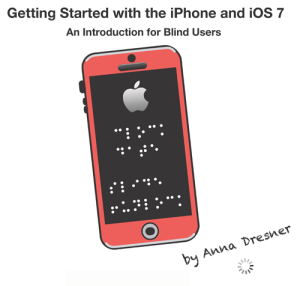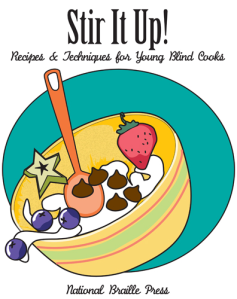I arrived at NBP the same year EPCOT Center opened at Disney, gas cost $1.59 a gallon, and the world’s first compact disc player was released in Japan. My job was to ask blind people what they wanted in braille and to “make it happen.” At that time, braille books were primarily on loan from NLS or from a network of volunteer home transcribers.
Asking braille readers what they wanted elicited a common refrain: “One thing we don’t need is more religious material—do people think all we read is the Bible? We want current stuff: major newspapers, bestselling novels, cookbooks for every palate… and we don’t want to wait two years to get it.”
The two-year wait ended around the time Bookshare was founded in 1989, WebBraille became a reality a decade later, and refreshable braille devices joined the Internet to offer real-time access to everything imaginable.
So what do requests from braille readers sound like today?
“What do you have on iPads for blind students?”
“What do you have on using the iPhone if you’re blind?”
“What do you have for my nine-year-old niece who’s blind and wants to cook?”
“Do you sell braille Valentines?”
“Do you have a book on exercise programs for blind people?”
“My blind son needs a science fair project."
“Do you, by chance, have a Catholic Bible?”
Wanting access to “bestsellers” has evolved into needing “information specific to the lives of people who are blind”—information that cannot be found from mainstream sources.
“bestsellers” has evolved into needing “information specific to the lives of people who are blind”—information that cannot be found from mainstream sources.
For the record, these requests are being made the same year Texas opened BiblioTech, the nation’s first – and only – bookless public library, a braille-encoded crop circle appeared in California, and the brains of two rats were successfully connected to share information.
Future braille predictions? I agree with management guru Peter Drucker: “The best way to predict the future is to create it.”
